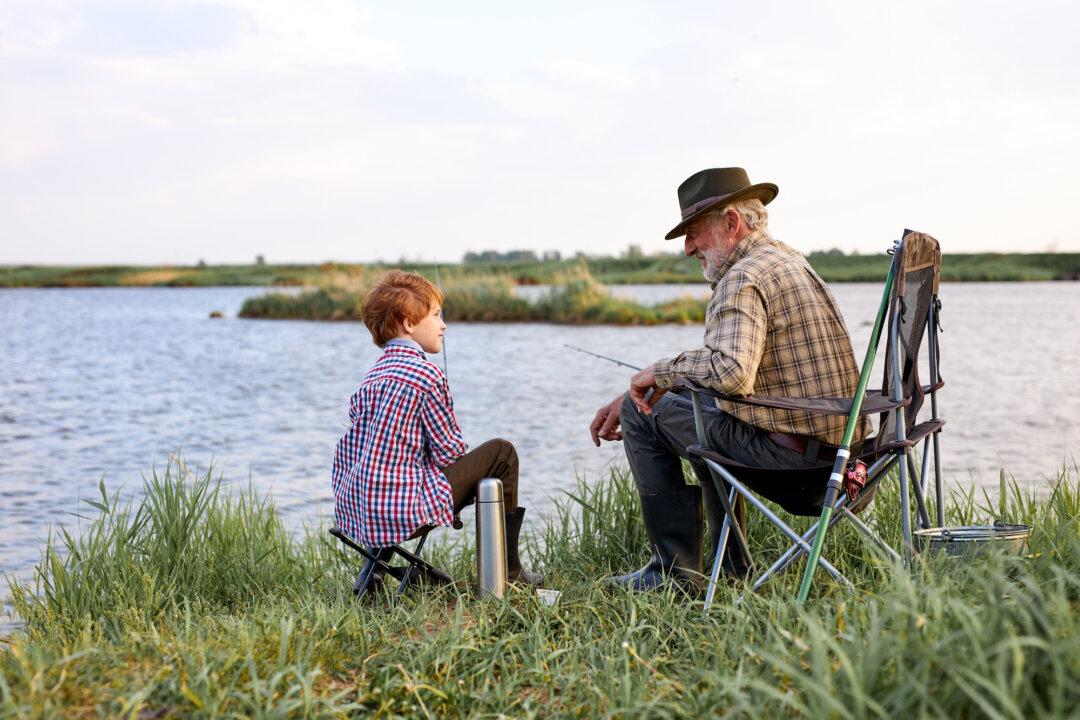In 1941, when the Nazis were ruling Poland with an iron hand, a Krakow tailor with an eighth-grade education and a burning love for his faith founded a youth ministry in his parish.
One of the first young men to join this group was a manual laborer, Karol Wojtyla. As he studied with the intense Jan Tyranowski, he caught the flame of this man’s religious passion and became a priest in 1946. Later he would write of Tyranowski: “In his words, in his spirituality and in the example of a life given to God alone, he represented a new world that I did not yet know. I saw the beauty of a soul opened up by grace.”






